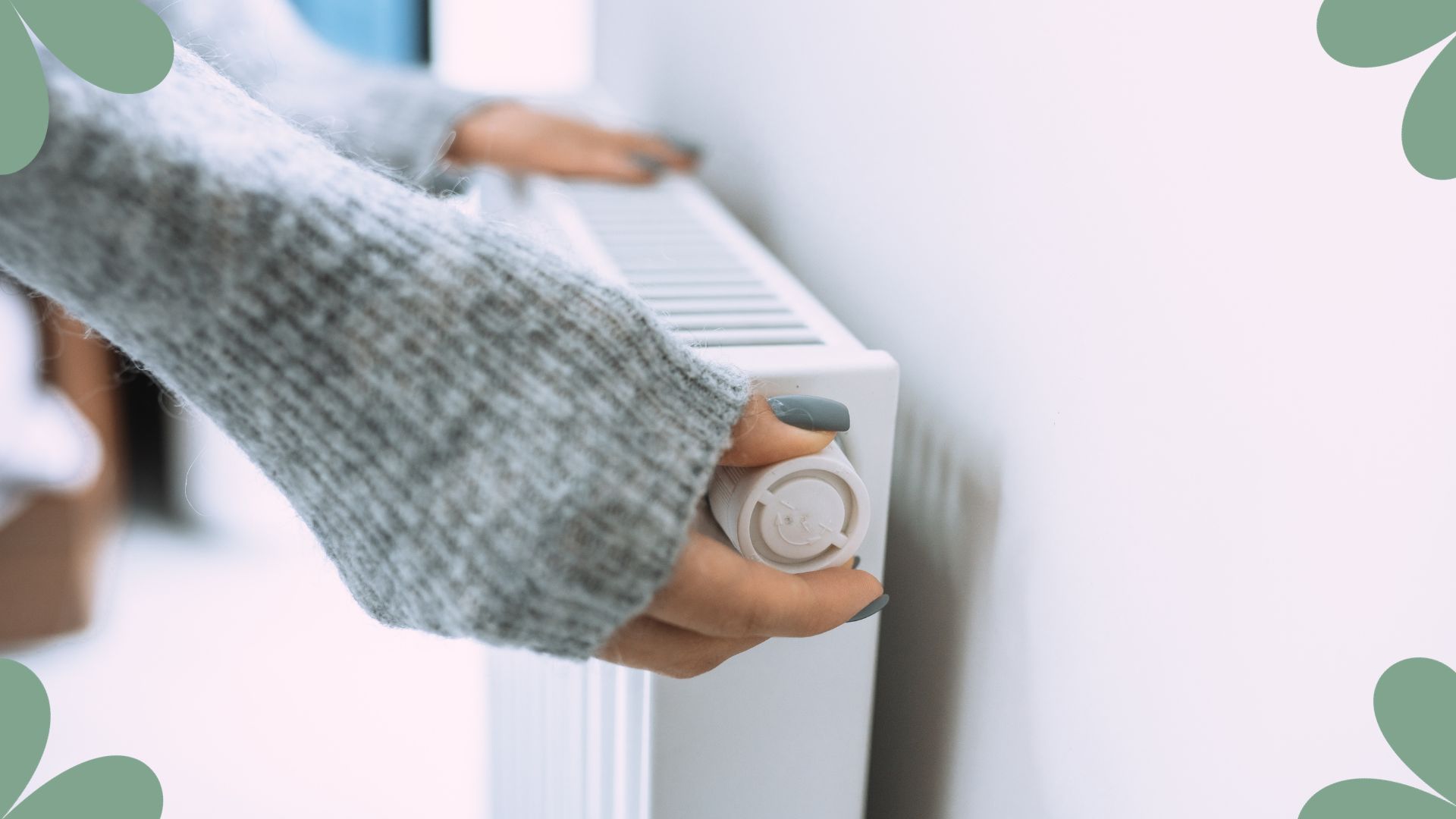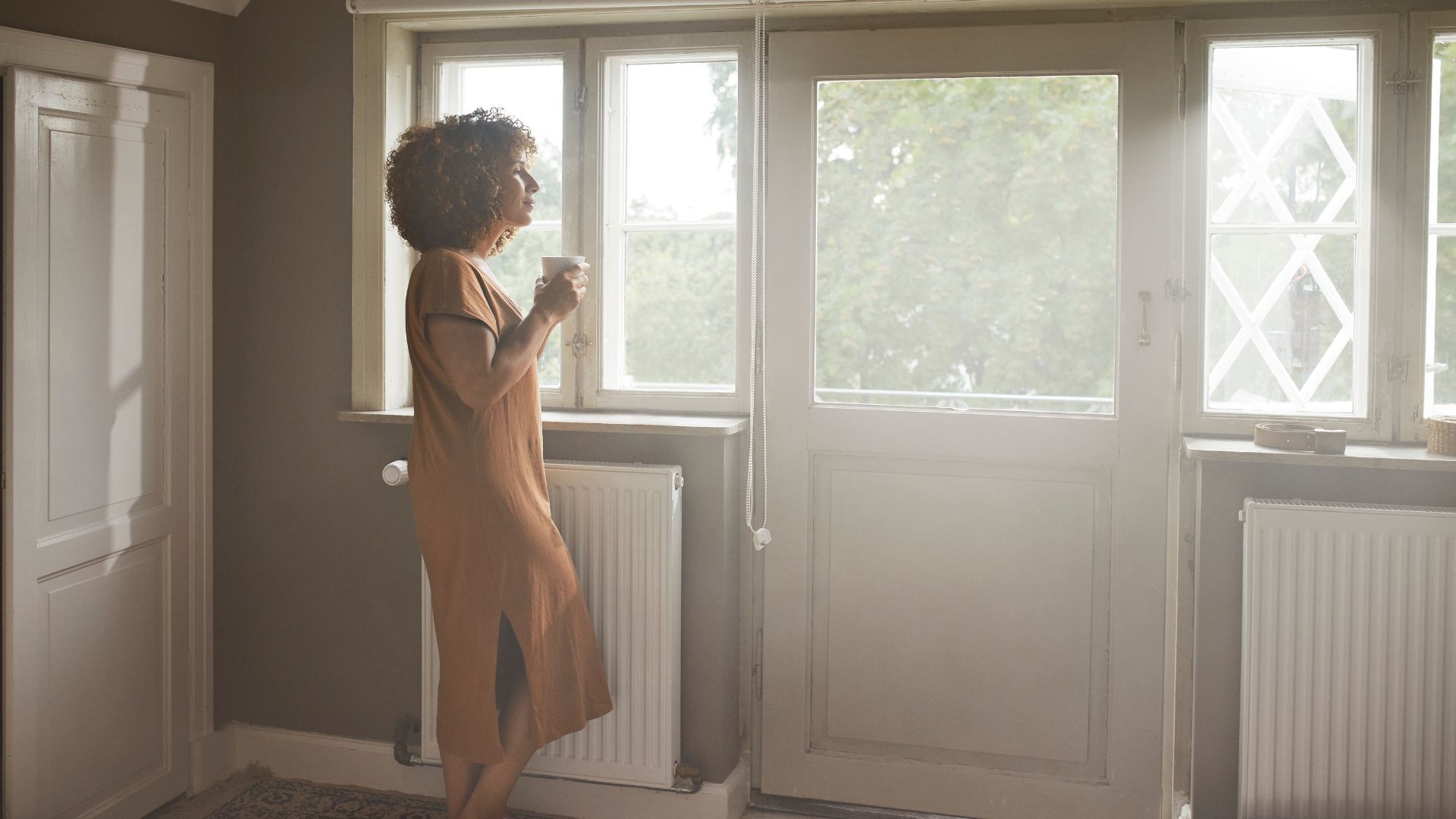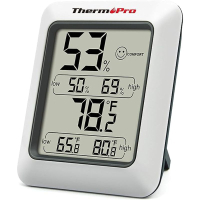This is the exact moment you should turn your heating on, according to boiler experts
Wondering when you should turn your heating on? These boiler experts have the answer down to the exact degree (and it's not for a while!)


With winter just around the corner and temperatures starting to drop, you might be asking yourself when to turn your heating on.
As the days go by, the colder autumn weather is slowly creeping in and preparing us for the cosy winter days ahead. However, arriving with the cold is an increase in bills and energy prices, a concept that's not so welcome in our homes.
Expensive heating bills and shock inflation costs can alter our judgment when it comes to deciding when to use our radiators and many of us try to turn it on as late in the season as we can, instead getting creative with other ways to keep our house warm.
So with that in mind, what do the heating experts recommend and is there a switch-on sweet spot? It turns out there is and it's a lot more specific than you may have thought.

When should you turn your heating on?
You can finally avoid all radiator-centred arguments at home as the heating experts at MyJobQuote have revealed what the average outdoor temperature should be when you first turn on your heating.
"Outdoor temperatures of 15 degrees is when most people notice a change in temperature, enough to comment on their discomfort," explains Matthew Jenkins, a Heating Expert at MyJobQuote.
"This year, we’ll see daytime temperatures drop to below 15 degrees on the last weekend of October, making it the optimum time to turn the heating on," continues Matthew.
Sign up to our free daily email for the latest royal and entertainment news, interesting opinion, expert advice on styling and beauty trends, and no-nonsense guides to the health and wellness questions you want answered.
You may already be planning on braving the cold until the heating is really needed and you can see your breath as you make your morning coffee, but GOV UK advises differently. Official advice states that indoor temperatures should never fall drastically below 15 degrees. If they do, your risk of negative health effects significantly increases, which is particularly dangerous for any elderly relatives.
So the second that thermometer hits 15 degrees, you better crack that heating on. Of course, if you're drying clothes indoors or just prone to feeling the cold more acutely than others, then you might want to switch it on sooner.
ThermoPro TP50 Digital Thermometer, £9.99 | Amazon
This digital thermometer will make it easy to keep tabs on the exact temperature of your home and the humidity too. Unlike a traditional thermometer this one is much simpler to read and understand and will give you accurate readings each time.

Emily joined woman&home as a staff writer after finishing her MA in Magazine Journalism from City University in 2023. After writing various health and news content, she now specialises in lifestyle, covering unique cleaning hacks, gardening how-tos, and everything to help your houseplants thrive.
